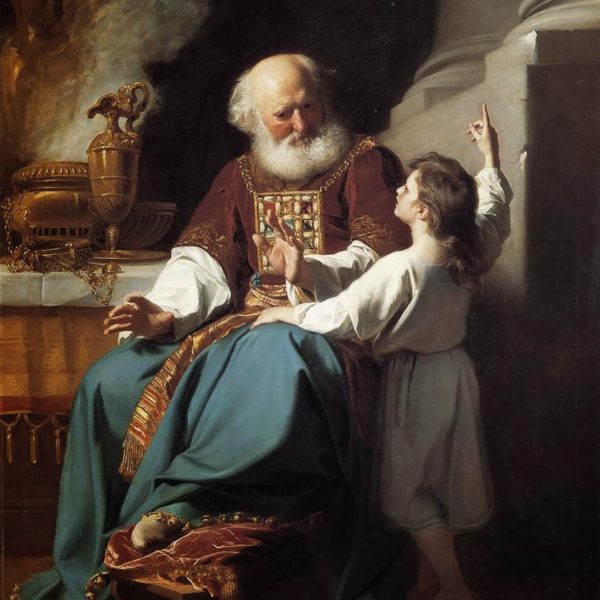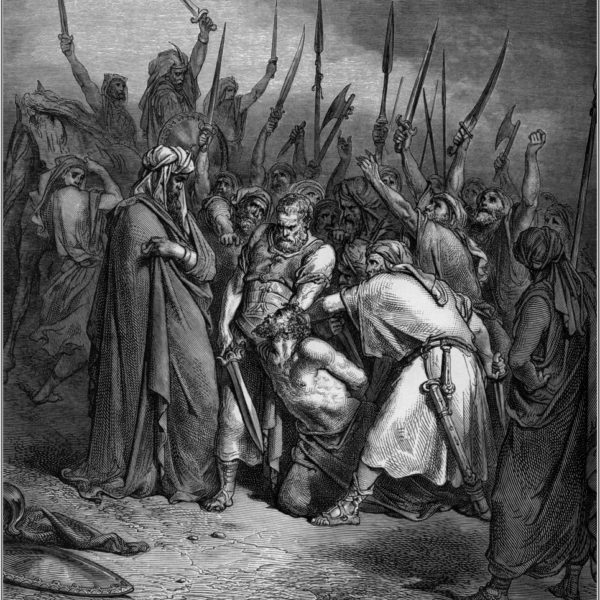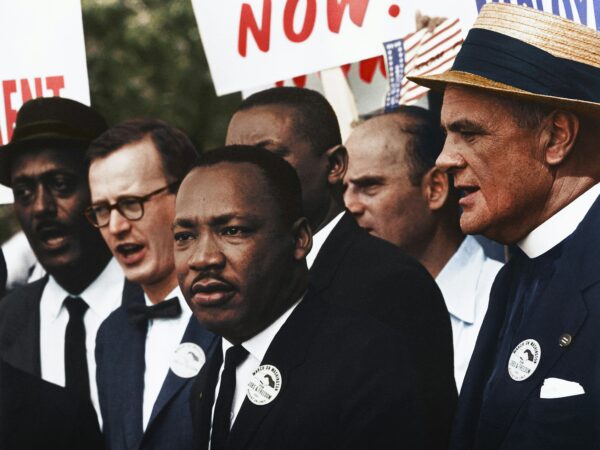
Paying attention to Herod’s fears about Jesus can keep us from depoliticizing the gospel.
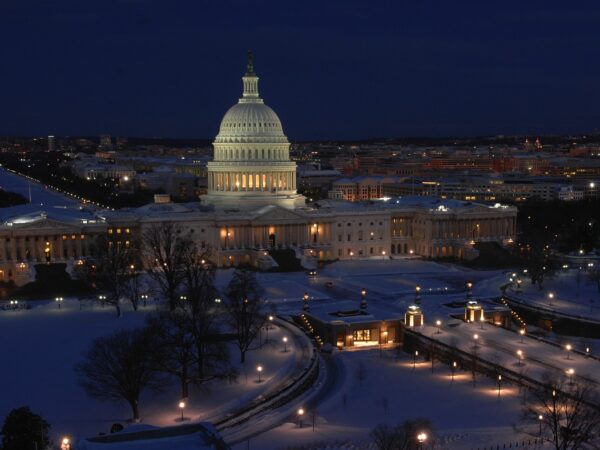
Listening and responding is a blueprint for us all: it’s amazing and wise to discern God’s leading in the context of community.

The God of Israel does not get so caught up in the national agenda that God neglects the prayers of individuals in pain. The best antidote to politics-as-usual is proper worship. Praising YHWH can keep our feet flat on the floor. As we worship the God who sees and the God who acts on behalf of the downtrodden, we seek to become like God. YHWH, rather than the human powers that be, becomes our model. In worship we become attentive to the things that God attends to, such as the grieving woman whose empty cradle signals an uncertain future.
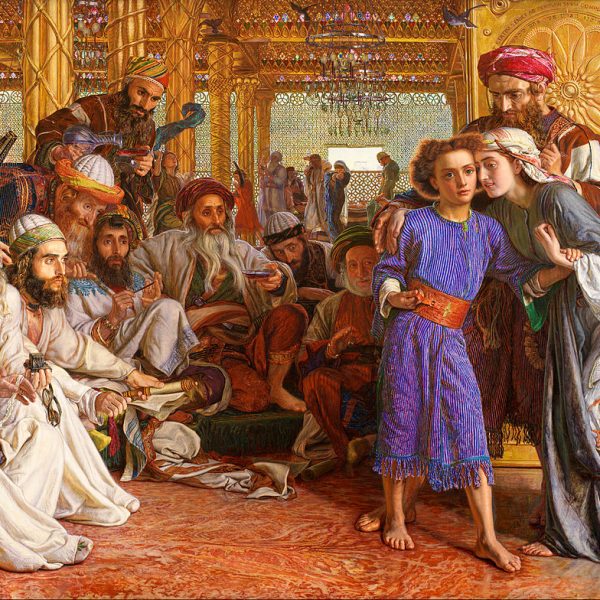
Where do we place ourselves in these narratives? What is our posture toward the prophets among us? Are we the prophetic children, the parents who tentatively support yet fear their calling, or the status quo that they oppose?

In their response to Samuel’s declaration of the character of the monarchy they had requested for themselves, Israel tragically assented to the establishment of various structural injustices. However, the first step towards a world ordered by justice is rooting out the false belief that injustice is our lot.
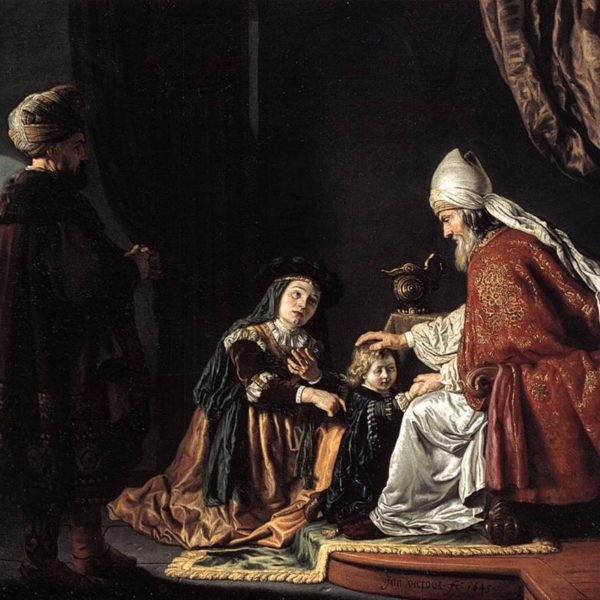
As political theologians we may be peculiarly vulnerable to the error of neglecting—or even denying—the significance of the obscure and personal struggles and victories of the faithful that do not assert themselves onto the grand public stage of society. We have much to learn from Hannah’s recognition that, in God’s answer to her prayer for a son, the seeds of a dramatic social and political upheaval had been sown.
Ideological State Apparatuses, a phrase made famous by Louis Althusser, function in society to keep the bourgeoisie culture dominate. This is done through institutional establishments, such as the church, family, etc. In the US, the American Dream has been a dominant ideology that gives hope to the unprivileged that they too have a chance to thrive in a higher economic status. Unfortunately, this myth rarely comes to fruition for the lower class or the immigrant because achieving upward social mobility is nearly impossible. The American Dream thus represents a master-signifier. Something present in our culture that one must believe to be a welcomed person in society. This week’s lectionary readings could be related to the ISA that penetrate societies. From the Hebrew Scriptures passage it speaks of the beginning of David’s career as King surrounded by a religious ISA. In the Christian Scripture, Jesus speaks a parable of how everything shall eventually become God’s Kingdom. These Scriptures are both politically driven, one speaking of an earthly kingdom ruled by a king chosen by God, and the other concerning the Kingdom of God.


